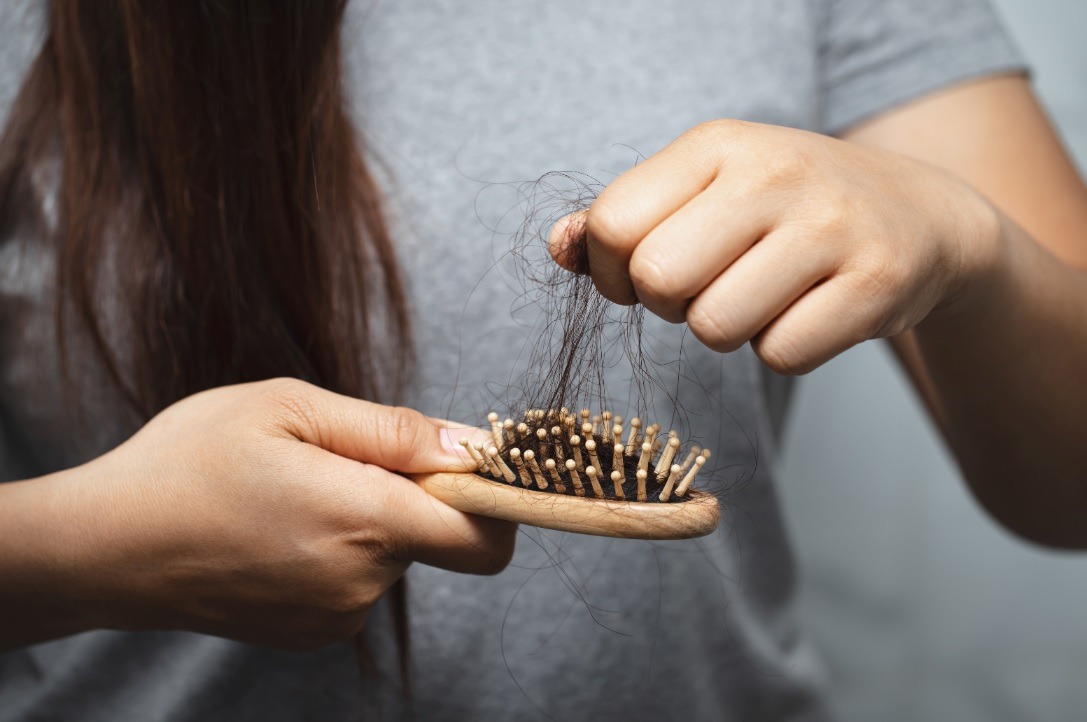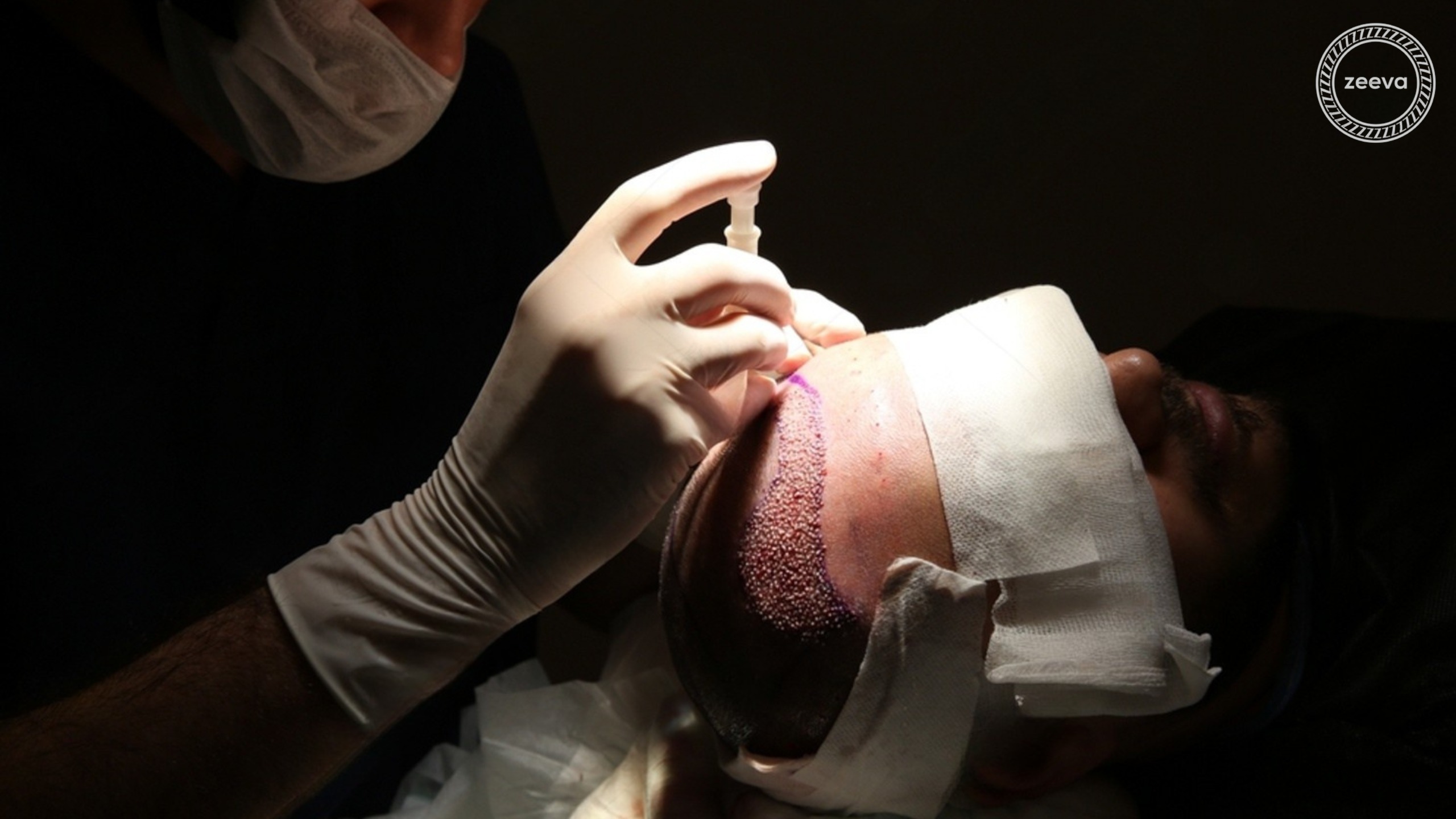Hair loss can be a distressing experience for women, affecting not only their physical appearance but also their self-esteem and overall well-being. Fortunately, there are proven approaches and strategies to address this common concern effectively. In this blog, we will explore a range of solutions that can help women combat hair loss and regain their confidence.
Understanding the root causes of hair loss is the first step toward finding effective solutions. Factors such as genetics, hormonal imbalances, stress, and nutritional deficiencies can all contribute to hair thinning and shedding. We will delve into each of these causes, providing insights into how they impact hair
health and what you can do to mitigate their effects. From lifestyle changes to dietary adjustments, we will offer practical advice to promote hair growth and reduce hair fall. Whether you’re dealing with age-related thinning or sudden hair loss, this blog will empower you with the knowledge and tools to tackle the issue head-on and reclaim your beautiful, healthy locks. Say goodbye to hair loss woes and hello to confidence and self-assurance with these proven approaches.
What are the signs of hair loss in women?
- Seeing more hair fall out daily either on your brush, on the floor, in the showers, on your pillows, or in the sink.
- Seeing noticeable patches of thinner or missing hair, including a part on the top of your head that gets wider.
- Seeing scalp skin through hair.
- Having smaller ponytails.
- Seeing hair break off.
Which women are likely to experience hair loss?
Any girl or woman can be affected by hair loss. However, it is usually more common in:
- Women older than 40.
- Women who just had a baby (After Delivery)
- Women who have had chemotherapy and those who have been affected by other medications.
- Women often have hairstyles that pull on the hair (like tight ponytails
- or tight braids) or use harsh chemicals on their hair.
- Menopausal women.
What are the common causes of hair loss in women?
- Hairstyle: Your style of hair can cause hair loss when your hair is arranged in ways that pull on your roots, like tight ponytails, braids, or corn rows. This type of hair loss is called traction alopecia. If hair follicles are damaged, the loss can be permanent.
- Vitamin and Iron deficiency.
- Dieting (rapid weight loss).
- Restrictive diets.
- Over-processed scalp hair (breakage).
- Extreme physical stress or shock to your body: This causes temporary hair loss. This category includes events like losing a lot of weight, surgery, anemia, illness, and having a baby.
- Extreme emotional stress: mental illness, the death of a loved one, etc.
- An abnormal thyroid level.
- Medications and supplements: blood pressure medicines, gout medicines, and high doses of Vitamin A.
- Hormone changes are caused by pregnancy, menopause, or birth control pills.
Tips for dealing with hair loss in women
There are some things you can do on your own. You might check with your Dermatologist or try some of these:
- Getting your hair cut shorter, and having layers added, can make your hair seem fuller.
- Using the right kind of shampoo can also help. Look for a shampoo that adds volume without using sulfate detergents.
- Using the right kind of product at the right time can also help.
How will a healthcare provider diagnose hair loss in women? What tests are done?
- Gently pulling on your hair to see how many hairs come out.
- Blood tests. These check for vitamin and mineral levels (like vitamin D,
vitamin B, zinc and iron) and hormone levels (including thyroid and sex
hormones).
- Scalp examination under a magnifier and trichoscopy.
How is hair loss in women treated? What medicines or supplements may help?
Treatment depends on the cause of your hair loss.
- In cases where the loss is due to stress or hormone changes like pregnancy, there might be no treatment needed. The hair loss will stop after a period of time.
- In cases of hair loss being due to hair styling practices, like tight braids or ponytails or certain chemicals, treatment means not doing the things that caused the damage.
- In cases due to nutritional deficiencies, you might be told to take supplements. For instance, you might be told to take a prescribed multivitamin.
- Minoxidil is approved for treating FPHL. The 2% or 5% solution can be purchased in stores. However, you should use it only after consulting Dermatologist.
Treatment depends on the cause of your hair loss.
- In cases where the loss is due to stress or hormone changes like pregnancy,
there might be no treatment needed. The hair loss will stop after a period of time.
- In cases of hair loss being due to hair styling practices, like tight braids or ponytails or certain chemicals, treatment means not doing the things that caused the damage.
- In cases due to nutritional deficiencies, you might be told to take supplements. For instance, you might be told to take a prescribed multivitamin.
- Minoxidil is approved for treating FPHL. The 2% or 5% solution can be purchased in stores. However, you should use it only after consulting Dermatologist.
A note from Zeeva Clinic Hair loss may cause you distress whether it happens because of genetics, a disease, or even stress. Know that there are some treatments you can try, and our expert dermatologists are there to help you. See your Hair Specialist as soon as you notice something wrong because the sooner you start treatment, the better.


